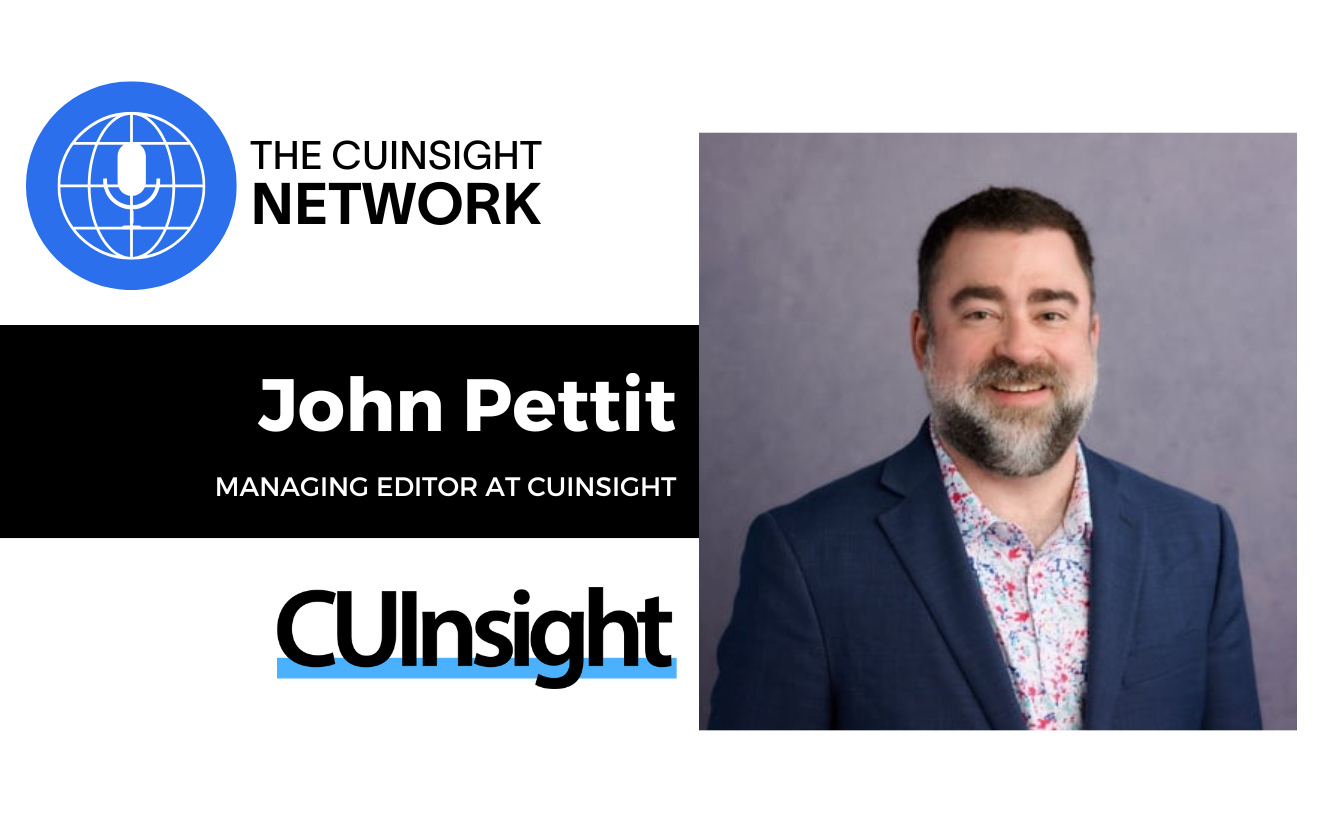Publisher’s Note: CUInsight is hosting a free webinar Wednesday, August 18th titled,“Mortgage Myths: Educate and grow your Millennial membership”.We hope you’ll join us! Register here.
It’s been a long decade of attention-grabbing headlines “Millennials are killing the napkin industry” or “Millennials are killing the diamond industry”.
We’re here to set the record straight — there’s A LOT of nuance missing from these generalizations.
The Origin Story
Born between 1981-1996, the eldest members of the Millennial generation are turning 40 — typically in very different life stages than those in their early 20s (now Gen Z).
These birth years then place many Millennials graduating college during or soon after the Great Recession of 2008 — with student loans aplenty.
Using the most comprehensive data of household wealth to compare the net worth of young adults over time, the Center for Household Financial Stability at the Federal Reserve Bank of St. Louis found that the typical Millennial today holds 41% less wealth than a similarly aged adult in 1989.
In addition, as a whole, Millennials currently earn 20% less than Baby Boomers did at the same stage of life, despite being better educated. The rise of freelance and contract work has shortened employment tenure, decreased access to employer benefits, and contributed to this income decline.
Confounding Variables
Staggering student loan debt combined with historically low job wages (for which the education was necessary), creates a domino effect in which Millennials are waiting longer to get married, buy houses, and have children — if at all.
Due to the structure of employer benefits and the childcare crisis in the United States — which became even MORE apparent during the pandemic — financial stressors and tough choices can seem to grow exponentially after having a child(ren).
In fact, a study from Next 100 and GenForward stated that Millennials and Gen Zers are more likely to say that childcare costs affect decisions to start a family than student loan debt.
That’s a doozy!
Although these milestones have long been considered the “American Dream”, things seem to be trending to where financial stability is becoming the dream in and of itself.
These variables, among others, now beg the question – did Millennials kill the housing market?
Attracting Millennial Members
Judging from the multitude of indicators, it seems that Millennials didn’t purposefully kill any industries — the Great Recession played a huge role in expanding the generational wealth gap. They just didn’t have the means to support every industry. Thus, there was increased difficulty in saving for a down payment or qualifying for a mortgage loan to be able to purchase a home.
That’s where you — credit unions — come in.
During our webinar “Mortgage Myths: Educate and grow your Millennial membership”, realtor Manny Arce, walks us through his career of helping dozens of millennials purchase their first, second, and third, etc. homes.
The wealth gap in this situation is financial education.
Manny will share facts that you might be surprised aren’t common knowledge for Millennial homebuyers.
If you so choose, you can take that knowledge back to your credit union and use it to educate Millennials in your community. This education will build trust and ideally lead to long-term members who will return for additional products and services.
Don’t forget to join CUInsight and CRMNEXT for our free webinar titled “Mortgage Myths: Educate and grow your Millennial membership”, on Wednesday, August 18th. Register yourself and a colleague here.







